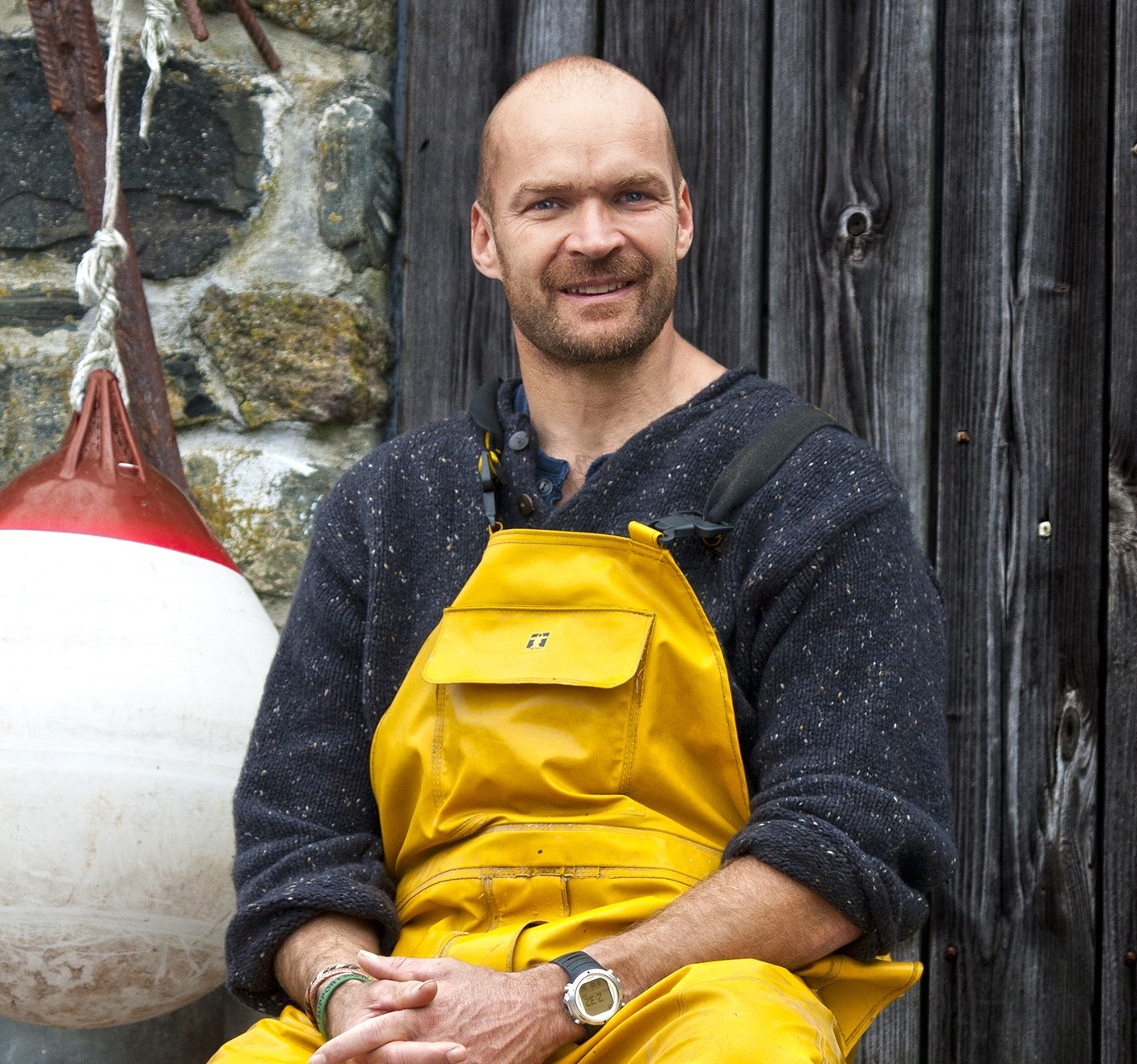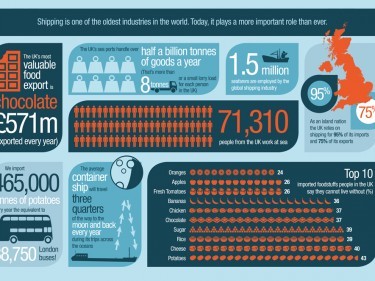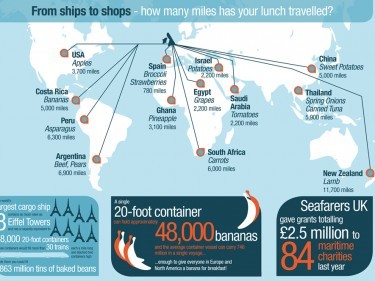Can you imagine life without sugar, cheese, chips or chocolate?
Probably not. Yet new research has found that despite our fondness for these store cupboard staples, half of Scots live in the dark about how much we rely on seafarers to bring us our favourite foods.
The survey of a thousand people across the UK was commissioned by the charity Seafarers UK, as part of Seafarers Awareness Week, which takes place until Sunday.
Of those quizzed in Scotland, 40% considered the maritime industry to be less important now than it was 100 years ago and 50% were not aware the majority of our food arrives by sea.
In fact, half the food eaten in the UK is imported, and of this, 95% comes in by ship – something only 2% of the public were aware of.
More than a quarter (27%) assumed the bulk of food came by air, and one in five (20%) thought it was brought by road.
The top item which Scots couldn’t live without is the potato, with almost half (43%) naming it their favourite imported food.
Next on the maritime menu is cheese closely followed by sugar, rice, chocolate and bananas.
TV presenter and maritime expert Monty Halls, who is spearheading the charity’s campaign to raise awareness of this hidden industry, said: “It’s ironic that in the month the world has paid fantastic homage to those who took part in the D-Day landings, that so few of us appreciate how much we continue to rely on the maritime industry today.
“As an island nation we rely heavily on seafarers to bring vital food, fuel and other goods into the UK.
“Many seafarers work around the clock, sometimes in extremely dangerous and hazardous conditions, and campaigns such as Seafarers Awareness Week are incredibly valuable in highlighting how much we rely on an industry that is essential to our everyday lives, but that often operates over the horizon or hidden from view.”


